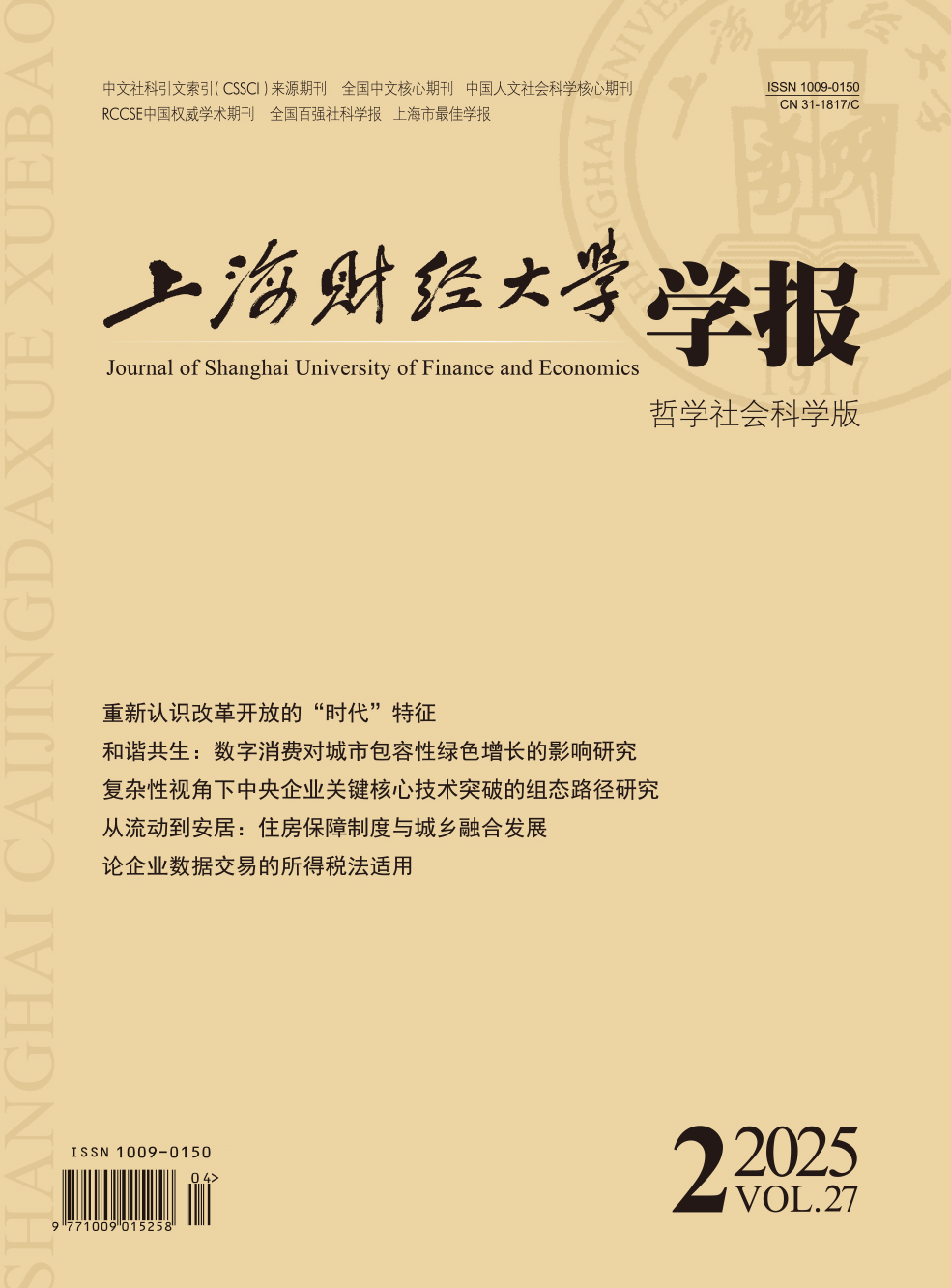The Single Economic Entity Doctrine, which originated from the EU antitrust law in the 1970s, has been widely applied as an important theory of antitrust law in the practice of antitrust law in many countries and regions, and after the introduction of China’s Anti-monopoly Law in 2008, cases applying the Single Economic Entity Doctrine have also appeared in China. From the practical point of view, the number of cases applying the Single Economic Entity Doctrine has been increasing, and a number of cases have aroused widespread public concern and had a significant impact. The correct application of the Single Economic Entity Doctrine is of great significance in safeguarding fair competition in the market, enhancing the deterrent effect of antitrust law, and strengthening law enforcement in key areas. However, the revision of China’s Anti-monopoly Law in 2022 did not include the Single Economic Entity Doctrine, and the Interpretation of the Supreme People’s Court of Several Issues concerning the Application of Law in the Trial of Civil Dispute Cases Arising from Monopolistic Conduct in 2024 for the first time stipulated the application of the Single Economic Entity Doctrine in relation to monopoly agreements, but lacked provisions on other issues such as the scope of application, extraterritoriality, and the impact on other monopoly behaviors and determination of monopoly liability. By combing through the existing research and practice cases, this paper finds that China has not yet formed a unified understanding of the Single Economic Entity Doctrine, and lacks systematic research. There are problems such as different standards, theoretical confusion, unclear attribution of responsibility, and misalignment between regulations and practice in the application of this principle, and the relevant research mainly focuses on the field of administrative penalties, and lacks attention to the private litigation, which is of increasing proportion. In this regard, this paper argues that starting from the perspective of China’s anti-discrimination law and combining with overseas legal practice, the concept of “undertaking” should be reconstructed as an economic entity with independent expression of meaning, “control” + “market behavior” should be taken as the criteria for determining a single economic entity, and the path of responsibility attribution in different procedures of public and private law enforcement should be constructed, so as to provide a clear guideline for the practice of antitrust law and enhance the effectiveness of antitrust under the existing legal framework.
 / Journals / Journal of Shanghai University of Finance and Economics
/ Journals / Journal of Shanghai University of Finance and EconomicsJournal of Shanghai University of Finance and Economics
LiuYuanchun, Editor-in-Chief
ZhengChunrong, Vice Executive Editor-in-Chief
GuoChanglin YanJinqiang WangWenbin WuWenfang, Vice Editor-in-Chief
A Research on the Application of the Single Economic Entity Doctrine in the Field of Antitrust in China: Legal Practice and Rule Construction
Journal of Shanghai University of Finance and Economics Vol. 27, Issue 02, pp. 138 - 152 (2025) DOI:10.16538/j.cnki.jsufe.2025.02.010
Summary
References
Summary
Cite this article
Ren Chao, Wu Jia. A Research on the Application of the Single Economic Entity Doctrine in the Field of Antitrust in China: Legal Practice and Rule Construction[J]. Journal of Shanghai University of Finance and Economics, 2025, 27(2): 138-152.
Export Citations as:
For
ISSUE COVER
RELATED ARTICLES




 2802
2802  5195
5195

